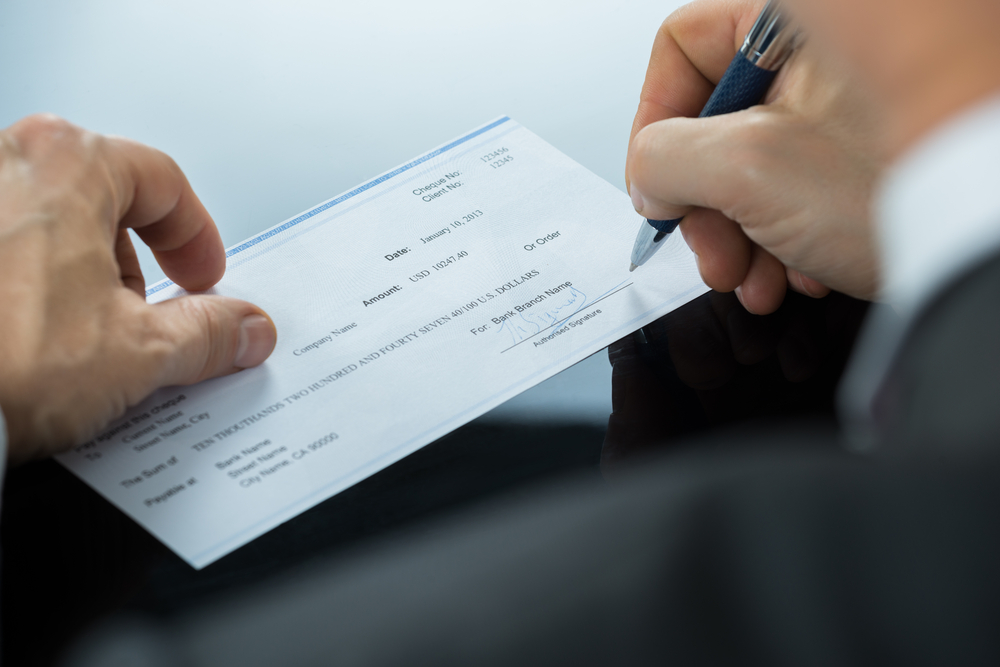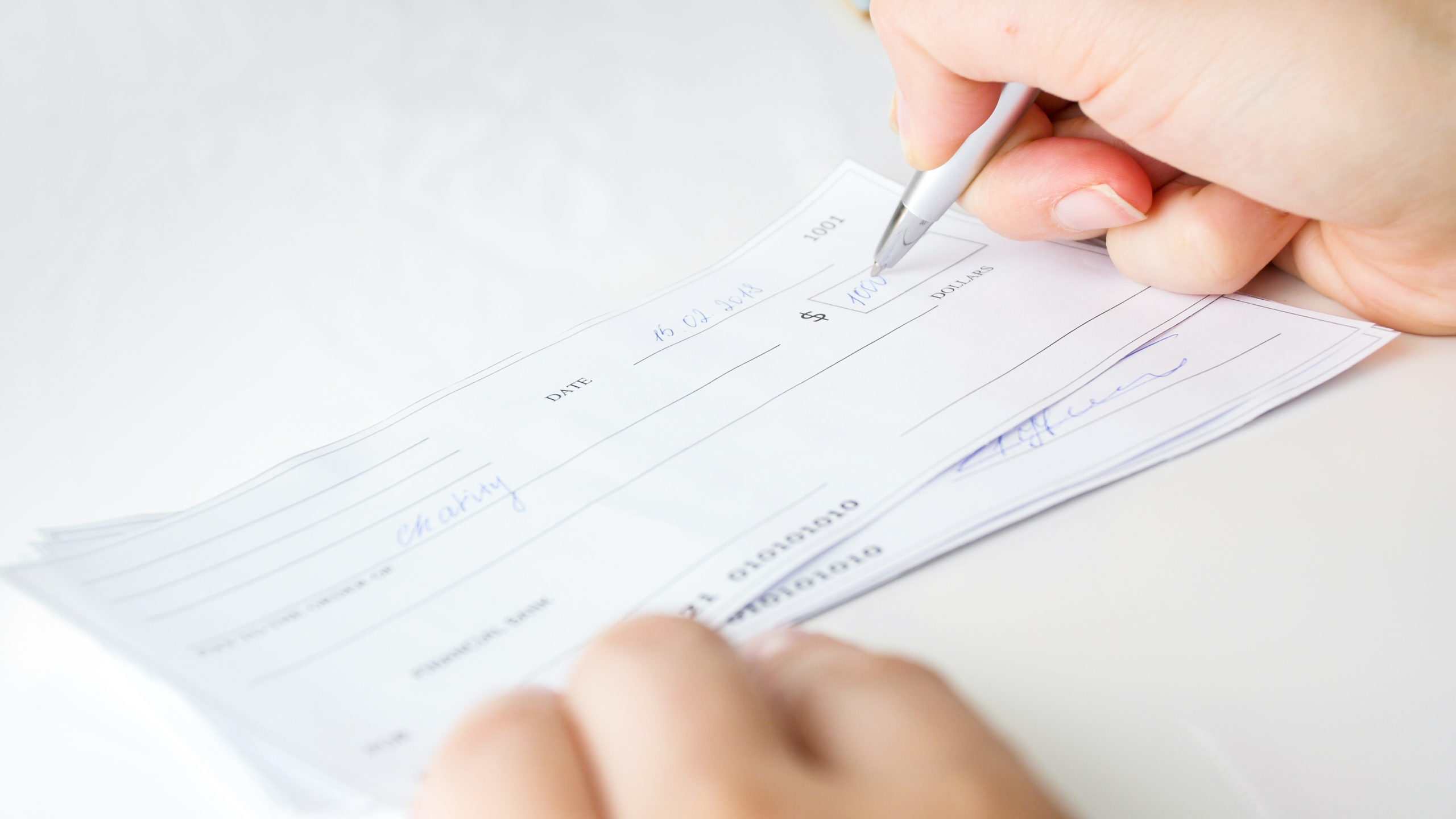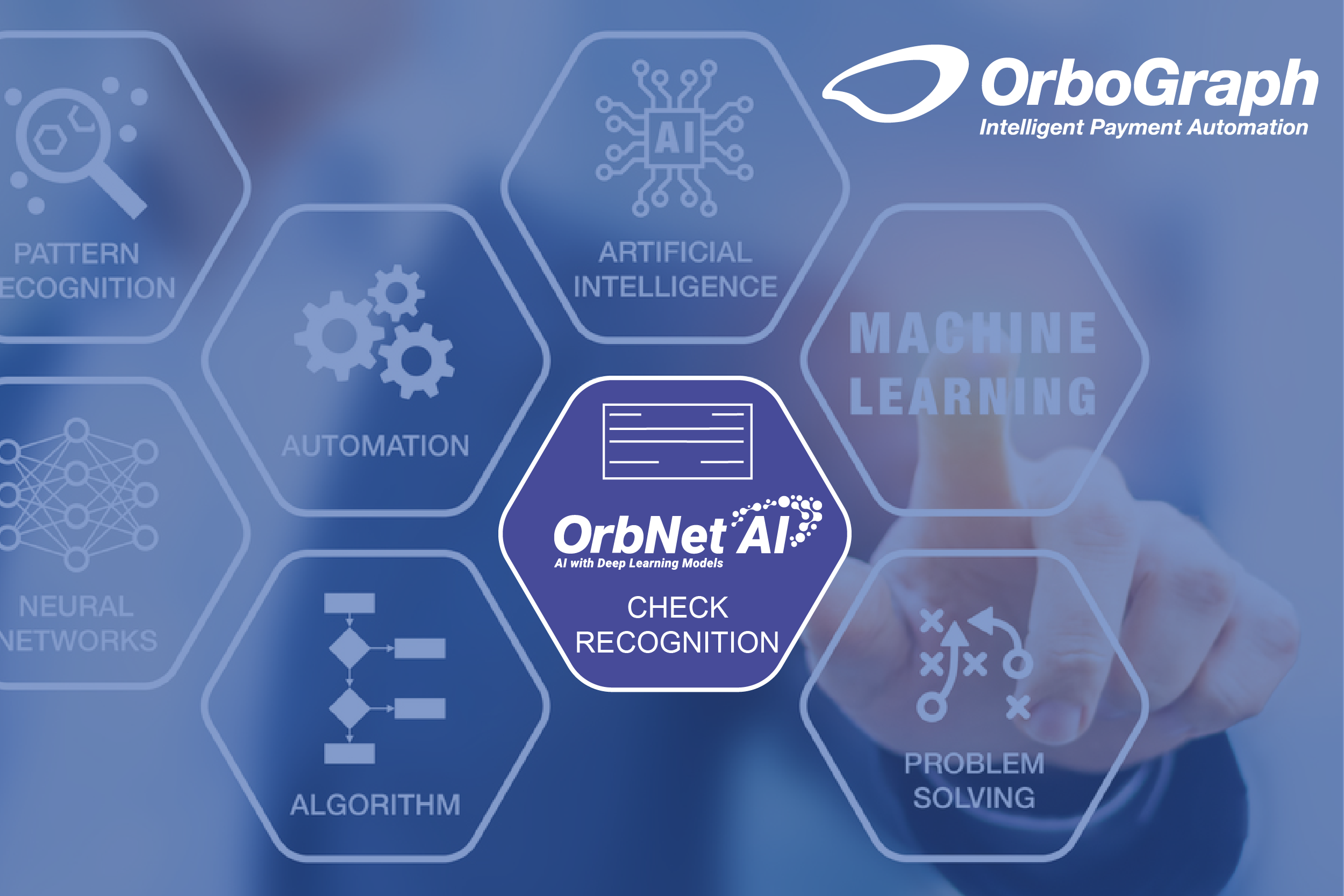Checks Are Still Relevant: A Bank’s Perspective
- Checks are still widely used by various age groups and industries
- Pros and cons of using checks
- Investment in check automation is crucial
As we continue to explore the relevancy of checks as a payment avenue, it's important that we keep in mind some data previously noted in our blog:
In additional to the data above, Deluxe has seen a growth trend in checks, with revenue growing from 6% to 7% the last three quarters according to Tracey Engelhardt, Deluxe's division president for checks and chief of operations.
With all this in mind, we get the following perspective from Investors Bank regarding the current status of checks:

With the rise of debit cards, paper checks can seem slow and outdated. After all, checks work much like a debit card, allowing the recipient to redeem the check for the stated amount, although the actual transfer of funds can take longer. While there is an argument that paper checks are no longer relevant or useful, they are still in use, primarily by adults over the age of 55, with checks accounting for 15 percent of all non-cash payments in one of the latest studies reported by the Federal Reserve. Checks are still heavily used for large money transactions, such as payroll and rent.
Pros and Cons of Checks
Investor Bank provides a succinct list of pros and cons for checks -- leading off with the now-familiar "cons":
- Overdraft potential. One of the primary disadvantages is it can be easy to overdraft an account without careful balancing of your checkbook. If you bounce a check, you can face a fee from your bank as well as the check recipient.
- Merchants do not always take checks. It can be harder to find merchants who are willing to accept checks today, especially out-of-state checks or checks from unfamiliar banks. Merchants also face risks by accepting checks. It may be days before the merchant is alerted that the check was fraudulent or that the check was rejected due to insufficient funds.
- Security concerns with some checks. There can also be security issues with personal checks. When you give someone a check, you are providing them with your account number, name, and contact information on the check. A check payment can also be used to begin electronic debits which give the merchant greater access to the payee's bank account to make unauthorized but legal debits.
Still, according to the Federal Reserve, checks account for 15% of all non-cash payments, particularly in large money transactions such as payroll and rent.
This brings us to Investors Bank's list of "pros" for checks:
- Many businesses do not accept cards. Credit card processing can be expensive and not every business can afford this cost. Forbes reports that 55 percent of the 27 million small businesses in the U.S. do not accept credit cards. That is especially true with micro-merchants, such as landscapers and pool cleaners, who do not have the volume to justify payment processing costs. With some bills such as rent to a landlord, a check is the only way to make a payment.

- Easy person-to-person payments. There are now many ways to send money to a private individual, such as Square and PayPal. Despite their convenience, there is not a single payment option that dominates the others. A personal check offers a convenient and accessible way to pay a private individual who does not need to do anything special to receive the money.
- Check use creates a paper trail. When you use a check, it automatically creates a paper trail that documents when proof of payment was received. Checks are the best way to prove that a lender, creditor, or government agency received payment.
- Checks can be post-dated. A check works like a contract, stating that the person the check is written out to is to be paid the specified amount on the date noted on the check. Post-dating a check can work for both parties. The person who writes the check knows it cannot be cashed before a specific date.
- Payment can be stopped. While some banks charge a fee of up to $35, you can stop payment on a check. That is not an option with other payment methods.
Investing in Check Automation
When we examine all the data, it's clear that checks are still a major payments channel. Financial institutions need to ensure that they invest in technologies that will efficiently automate the processing of paper checks.
That's why many financial institutions are turning to artificial intelligence and machine learning for check automation, deploying technology to streamline the processing of checks, with field performance of 99% automation and 99.5%+ accuracy.
This will streamline and optimize the processing of check payments -- whether deposited via lockbox, digital channels like mRDC, or handed directly to a teller -- effectively lowering costs and increasing customer satisfaction.
